Whenever we think of wars across history, we were taught to think of them as women who stay at home and men who achieve victory on the battlefield. However, the brave soldaderas (from “soldadas” in Spanish, also translated as women soldiers), or Adelitas who fought during the Mexican Revolution, are proof of the heroic and active role that women have had in history. These poderosas Adelitas once again demonstrate that, without women, the Mexico that we know today would not exist.
The image of Adelitas during the Mexican Revolution shows how women's participation in the Mexican Revolution helped to challenge traditional gender roles and norms and paved the way for greater gender equality and women's rights in Mexico and beyond.
Today, in honor of International Women's Day, we want to highlight the origin and the important role that the Adelitas had in the Mexican revolution. In particular, Adela Velarde who is believed to have inspired the famous corrido (ballad) “La Adelita,” a popular song that arose during the Mexican Revolution and for which the women soldiers who fought in the Mexican Revolution received their popular name Adelitas.
Who were Las Adelitas?
Adelitas, also refered to as soldaderas or women soldiers, were women who played a crucial role in the fight for the Mexican Revolution (1910-1920). The origins of the Adelitas are rooted in the political and social conditions of Mexico in the early 20th century. At the time, Mexico was ruled by a small elite of wealthy landowners and industrialists, who controlled the country's politics, economy, and culture.
 Photo Credits: Flickr, Soldaderas by Eduardo Francisco Vazquez Murillo
Photo Credits: Flickr, Soldaderas by Eduardo Francisco Vazquez Murillo
Many Mexicans, particularly those from working-class backgrounds, were dissatisfied with this situation and sought to bring about social and political change. The Mexican Revolution was a popular uprising against the ruling elite and their allies and attracted a wide range of people from across Mexican society. It was a decade-long armed conflict that aimed to overthrow President Porfirio Díaz and establish a more democratic society in Mexico. The revolution involved various social, political, and economic groups, and resulted in the adoption of a new constitution in 1917, which enshrined many progressive reforms such as land redistribution, labor rights, and universal suffrage.
The Adelitas were among the many women who were drawn to the revolutionary cause. Many of them came from indigenous and mestizo backgrounds and were typically working-class women. They were motivated by a desire for social justice and equality, as well as a deep sense of patriotism and national pride. Many had experienced firsthand the hardships and injustices of life under the old regime and saw the Revolution as an opportunity to make a difference and create a better future for themselves and their families.
Si Adelita quisiera ser mi novia…
Las Adelitas/Soldaderas were women soldiers vital in the success of Mexican Revolution. Their main job was to help those wounded in combat and they advanced as the war progressed, but they also served in a variety of roles, including nurses, cooks, and specially soldiers who were in the front line—some of them disguised as men when not allowed to join the war.
The term "Adelita" is believed to come from a popular corrido that romanticized a female soldier who embodied the ideals of the revolution, such as bravery, loyalty, and patriotism. La Adelita is a corrido that was very popular among the revolutionary troops and is believed to have been inspired by the soldadera Adela Velarde Pérez.
Originally from Ciudad Juárez, Chihuahua, Adela Velarde was born in 1900 into a wealthy family. Against the will of her parents, at the age of thirteen she joined the revolutionary ranks as a nurse. A short time later she met Villista sergeant Antonio Gil de Río Armenta with whom she fell in love.
According to the legend of how this song came to be, Antonio Gil, who was equally in love with Adela, frequently played love songs for her with his guitar. In his last minutes of life, as he was dying in the arms of Adela, he recited to her:
“Y si acaso yo muero en la guerra,
y mi cadáver lo van a sepultar,
Adelita, por Dios te lo ruego,
que por mí no vayas a llorar.”
"[If by chance I die in campaign,
and my corpse is going to be buried,
Adelita for God's sake, I beg you,
that you don't cry on my behalf.]"
Then he pointed to her backpack to indicate that he had something for her, the gift was a sheet of paper with the same words written for her. After his death, Adela gave the piece of paper to the brigade’s musicians, and they began to play it.
This verse became a corrido that was almost like a hymn, together with other corritos like “La Cucaracha” and “El Torito,” and would be sung across all battalions.
 Photo Credits: Wikimedia Commons, Adela Velarde Pérez
Photo Credits: Wikimedia Commons, Adela Velarde Pérez
Women Soldiers, or Soldaderas, by heart
Popular corridos like "La Adelita," did in fact make a portrayal of women during the revolution as brave, loyal, and patriotic women. However, they also romanticized the lives of soldaderas during the Mexican Revolution: the reality was far more complicated, tragic, and profound.
As we mentioned before, it was working class, mestiza or indigenous women who made up the bulk of the soldaderas who fought. Some of the soldaderas were educators who abandoned the classroom to fight. Others abandoned their families and risked their lives to join the uprising. The soldaderas fought, foraged for food, cooked, nursed the wounded, and performed many other essential services, all regardless of their social status. Some of them did this pregnant and/or carrying their children on their backs, not to mention the one who actually stood in the frontlines or were assigned more dangerous cloak-and-dagger missions.
For many Adelitas, the Mexican Revolution offered a chance to break free from traditional gender roles and stereotypes. By joining the fight, they were able to challenge the idea that women were weak, submissive, and incapable of taking on important roles in society. They were able to demonstrate their bravery, strength, and resilience, and to gain a new sense of confidence and self-respect.
Despite the risks and challenges involved, Adelitas were willing to make great sacrifices for the cause they believed in. They faced discrimination, violence, and exploitation from both their own comrades and the opposition forces, but they refused to be intimidated or discouraged. They stood firm in their commitment to the Revolution and to the ideals of social justice and equality that it represented.
Overall, the Adelitas challenged traditional gender roles and norms by showing that women could be active participants in political and social movements, and that they had valuable contributions to make to society beyond their traditional roles as wives and mothers. Their participation in the Revolution helped pave the way for greater gender equality and women's rights in Mexico in the years to come.
Adelitas Today
Today, Adelitas are celebrated as heroes and symbols of courage and resilience in Mexican history and culture. They continue to inspire people around the world who are fighting for social justice and human rights. With the many hats they wore, the essential role they played, and the achievement they advanced to empower Mexican women, it is unavoidable to argue that these women led, in fact, the Mexican revolution.
As for Adela Velarde, she is one of the few soldaderas recognized from the Mexican Revolution. She was officially considered a war veteran on February 22, 1941 when the Secretary of Defense awarded her the Decoration of Revolutionary Merit while still alive. 20 years later, the Congress of the Union gave her a life pension and in 1962 she was named a member of the Mexican Legion of Honor. In 1965, she married Colonel Alfredo Villegas and lived in the United States until her death 1971 in Ciudad del Río, Texas.
---
So, what do you think? What are your thoughts on Adelitas? Did you know this fact about the famous "La Adelita" corrido? Let us know in the comments below! Also, if you liked this article, remember that we share many more for those subscribed to our newsletter, so be sure to subscribe here!

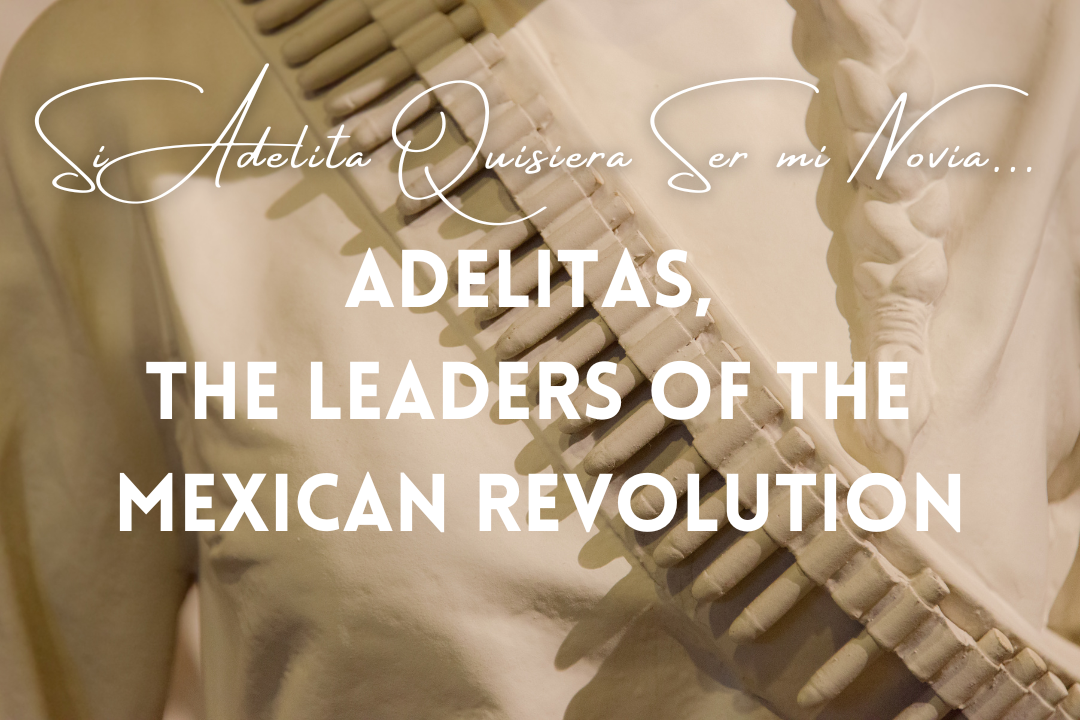

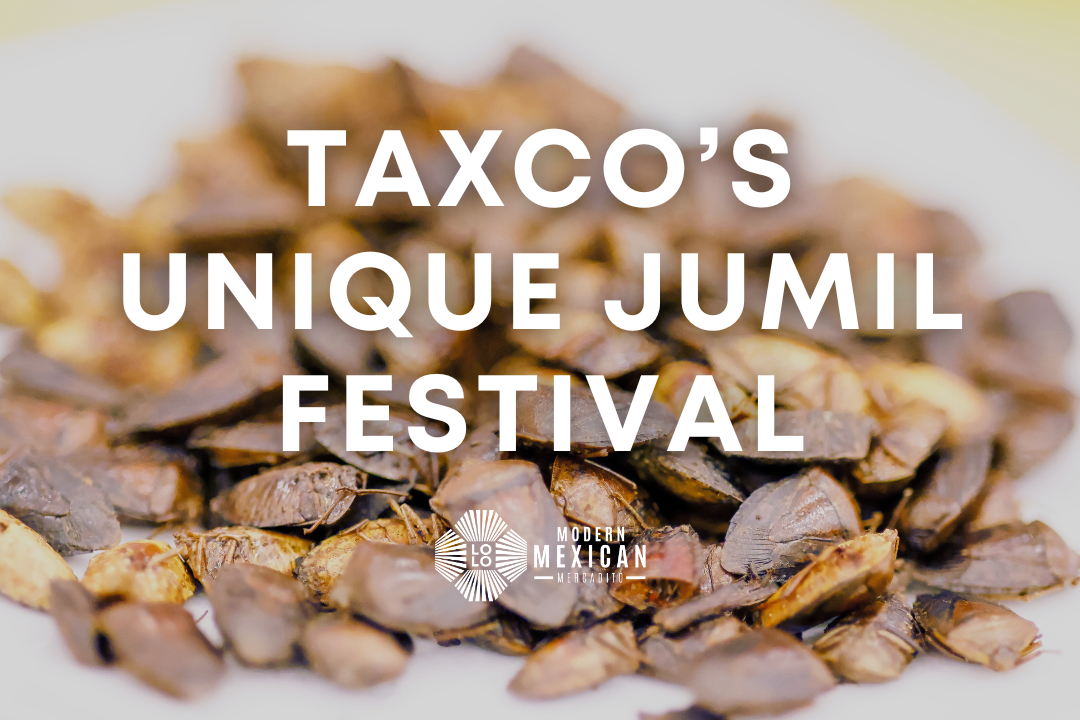
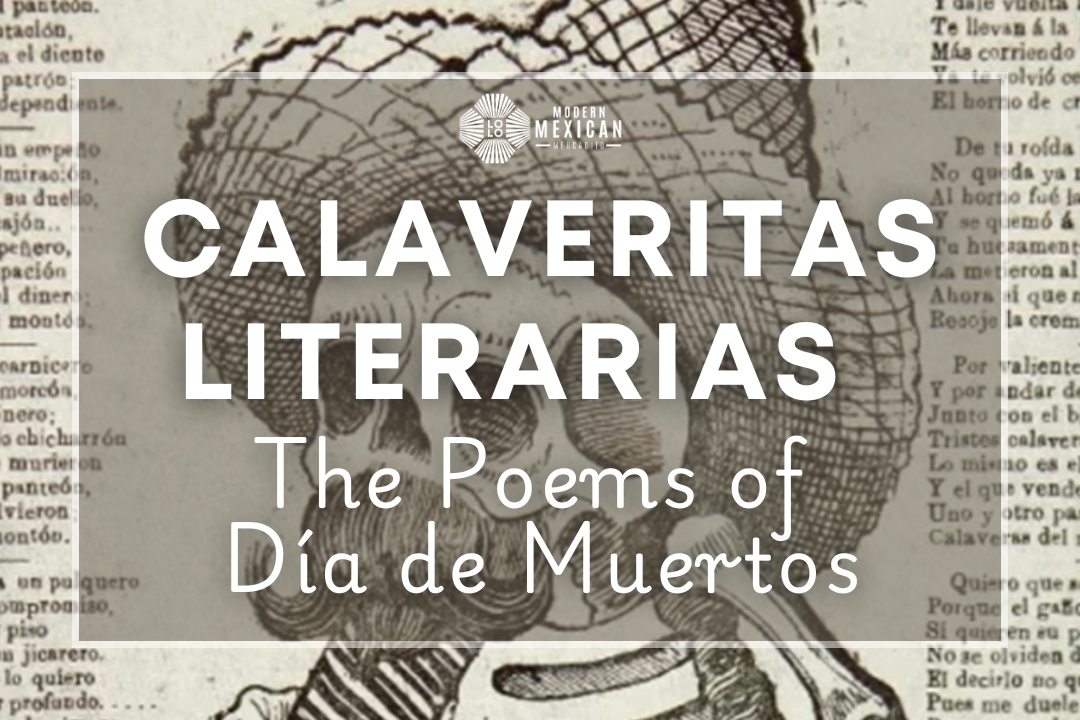
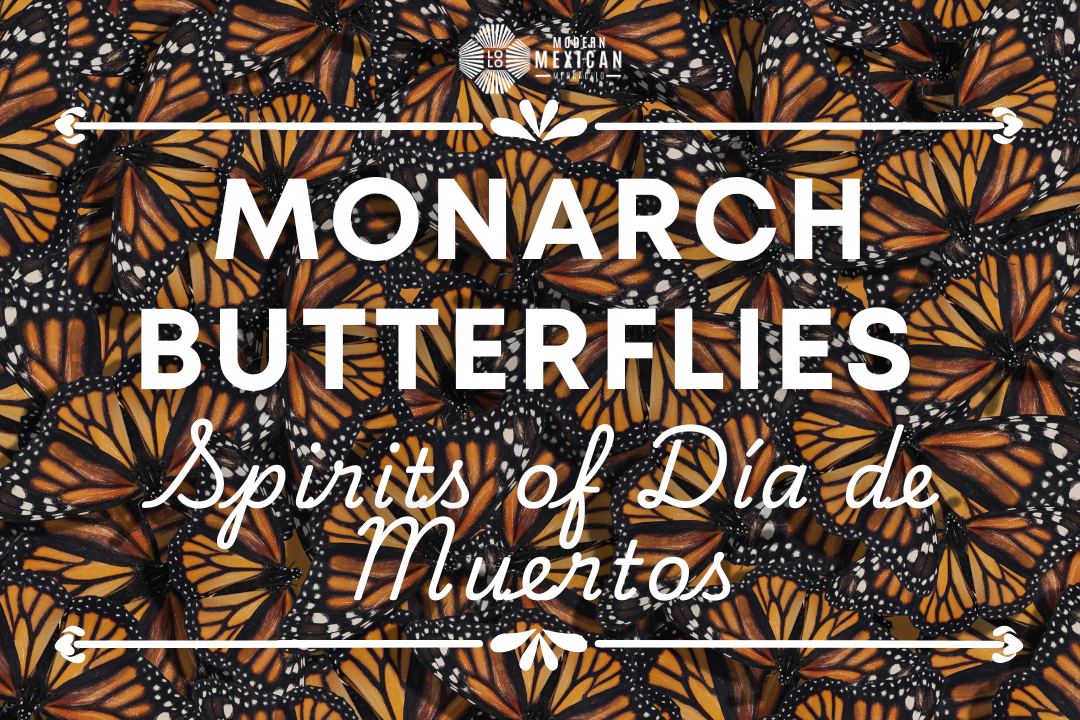
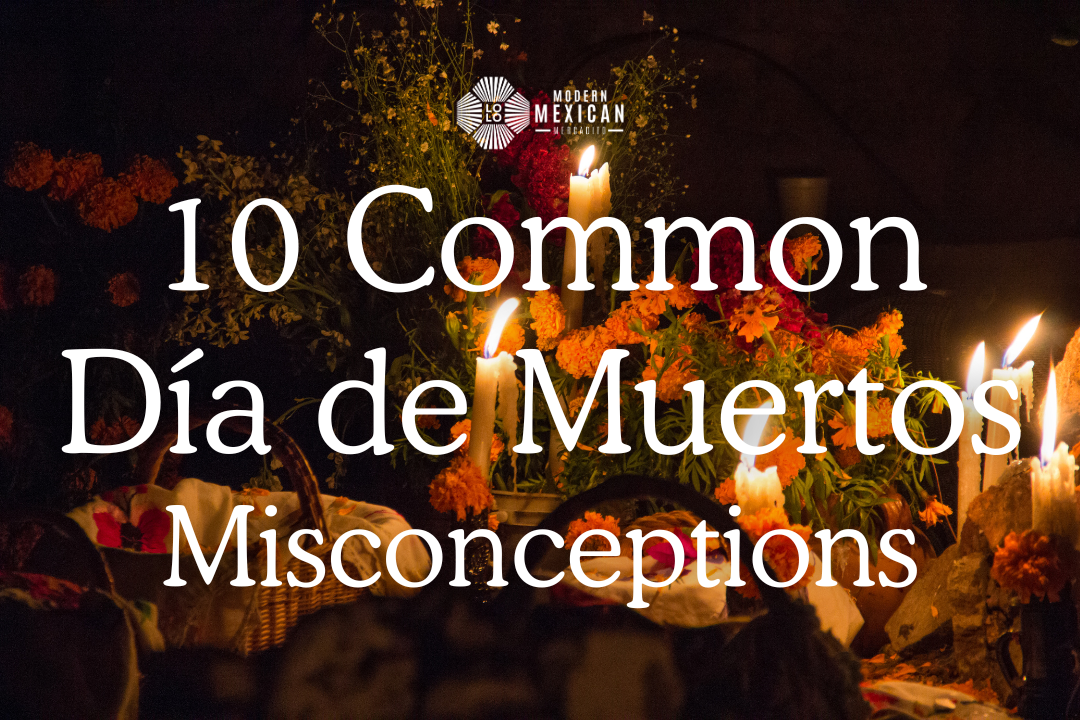
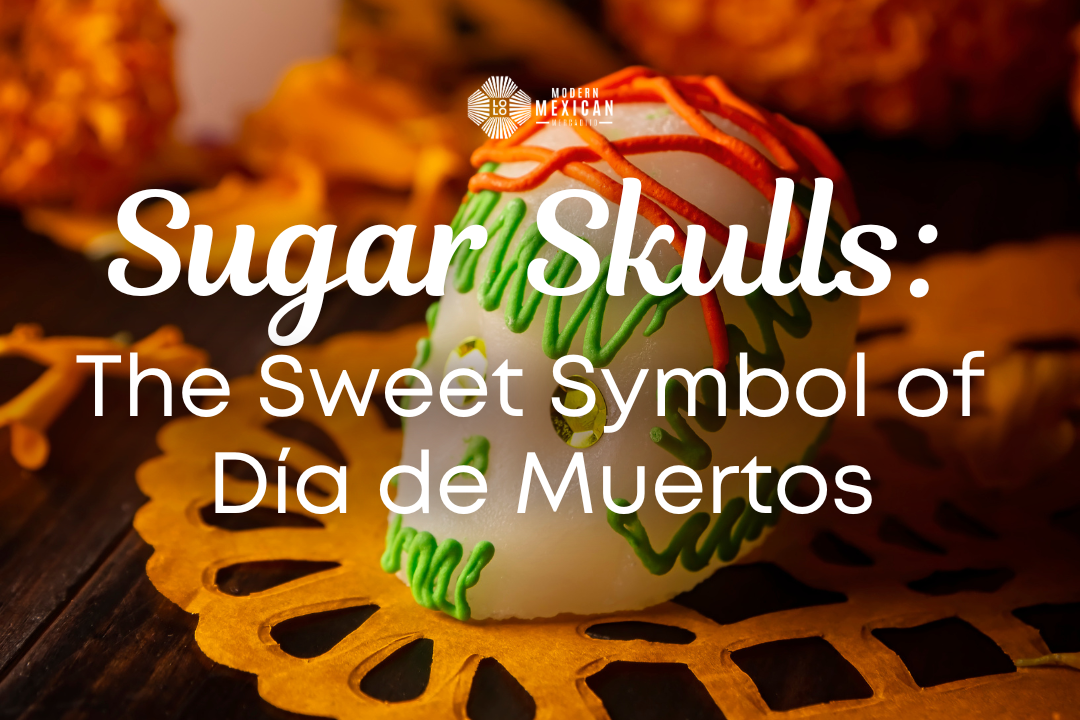

12 comments
tis
i love it
Julio L
Yes Mexican women are one of the most strong minded and brave. They stand firm in their convictions. I am very proud of being American of Mexican descent. The Adelitas are a true testament of Mexican women who joined the fight for the cause.
Luis F Morales
Hola tengo admiración histórica y heroica Adelita Soldadera Mexicana su nombre completo Adela Velarde López la Revocación Mexicana son Famosa corrido ella mismo control respecto y además Pancho Villa y su historia es muy rica he leído la Revolución de Mexoco el Gran Centauro Francisco (Pancho ) Villa. Gracias información
Captain Rex
Nice to see new faces while fighting off the clankers
Commander Fox
They should’ve let women join the war!
Rachel
Thank you for sharing this information! Where did you find all these archival photos? Could you provide information about who owns the copyrights? I would love to use some of the photos you’ve posted.
Adela Carrasco
Sylvia, Adela was born outside of Delicias? My parents are from Julimes, not far from Delicias. I am named after Las Adelitas. I had no idea she was born so near to my parents. Thanks for sharing!
Sylvia
Our grandmother said that Adelita had been her oldest sister; one of 3. She joined Villa when he invaded the family hacienda. Altho, great grandmother fled to Juarez, Mexico and eventually into El Paso, Texas, Adela was not born in Juarez. She was born outside of Delicias, Chihuahua.
Cheli
I learn and enjoy a lot from your blogs. Glad you included the song. I was thinking don’t forget to look it up afterwards.
Thanks!
Mercedes
Thank you for sharing this article
My grandmother would tell us stories about the adelitias that she learned from her mother. We have such a rich history I’m so glad that I can share with my grandchildren and show them where they can find information.
Luis
Loved this account. Most certainly a very fascinating account of this most famous Mexican patriot.
Jan Kleinbord
Gracias for posting this article and Adelita canción hoy. I have known about the brave and important Adelitas since I was about 14 years old (and now I’m 68). Hopefully your post helps to educate more people about them and their importance in history. Feliz Día de Mujeres!!